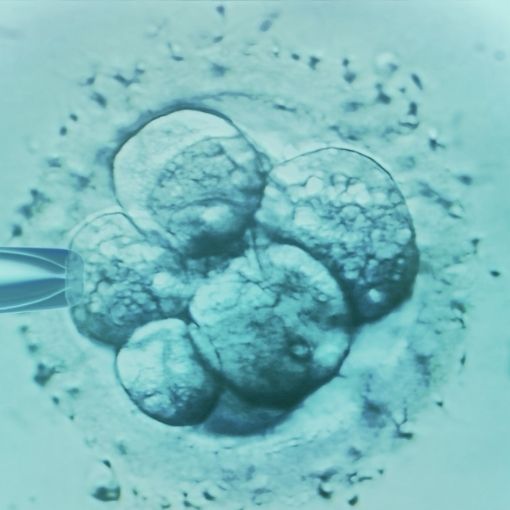Hostile uterus? What the hell is that, you might ask?! Trying to conceive is hard work at the best of times, and learning your uterus is inhospitable and has its own personality trait might come as another upset on the long road when you are TTC. The term hostile uterus should actually be called “hostile cervical mucus” because it’s the cervical mucus that is unfriendly to sperm trying to enter the uterus’s environment, not the uterus itself!
In this article, we will look at precisely what this means and how it affects your fertility.
What is a hostile uterus?

The terms hostile uterus and hostile cervical mucus are interchangeable, but both refer to the condition of the fluid secreted by the glands of your uterus. That’s cervical mucus to you and me. Your cervical mucus, when it’s the right consistency, gives sperm a helping hand in reaching the fallopian tube and fertilising an egg.
Throughout your ovulation cycle, the thickness and consistency of your cervical mucus changes. As you near ovulation and become fertile, your mucus will become clear and watery, which assists any sperm present to move swiftly along the fallopian tubes to find an egg to fertilise.
When someone has hostile cervical mucus, their cervical mucus becomes thicker instead of more fluid. The thick consistency means that sperm may have trouble penetrating the cervical mucus, and it might even kill the sperm and prevent them from fertilising an egg, making it extremely difficult to get pregnant!
What causes hostile cervical mucus?
Several factors can lead to hostile cervical mucus; some of the most common include:
Hormonal Imbalances:
- Our bodies are wonderful but complex; sometimes, hormonal imbalances can affect the quality of cervical mucus. Factors like stress, medications, or medical conditions might cause these imbalances.
Medications:
- Certain medications can impact the consistency and pH balance of cervical mucus. Speak to your fertility doctor about how any regular medicines you take could affect the quality of your cervical mucus.
Inflammation or Infections:
- Infections or underlying conditions can lead to inflammation in the reproductive system, affecting the quality of cervical mucus. Common culprits may include bacterial vaginosis, yeast infections, or sexually transmitted infections.
Dehydration:
- Hydration is vital in maintaining optimal cervical mucus production. When you’re dehydrated, your body might not produce enough cervical mucus, or the mucus may become thicker and less conducive to sperm survival.
Lifestyle Factors:
- Other factors can affect the quality of cervical mucus. For example, things like exposure to certain chemicals, smoking, or alcohol consumption may impact the consistency and pH balance of your cervical mucus.
Can a hostile uterus be treated?
The good news is that treatment is available for many women with a hostile uterus or cervical mucus. Before confirming the best treatment method, your doctor will want to determine the cause by testing a sample of your cervical mucus shortly after intercourse so they can assess how many live sperm are present and if they are moving. Following assessment, your doctor may prescribe medications or suggest lifestyle adjustments to increase the fluidity of your cervical mucus. If these approaches don’t work, your fertility doctor may suggest trying intrauterine insemination (IUI) or IVF treatment to bypass the hostile cervical mucus issue and increase your chances of conceiving.
Conclusion
Hearing that you have a hostile uterus sounds scary, but it doesn’t mean you can’t get pregnant. Instead, it means there’s an often treatable issue with your cervical mucus that needs to be assessed and treated so you can continue your fertility journey. Want to ask questions and talk to others about your fertility journey? Join the fertility community today. We can’t wait to meet you!




